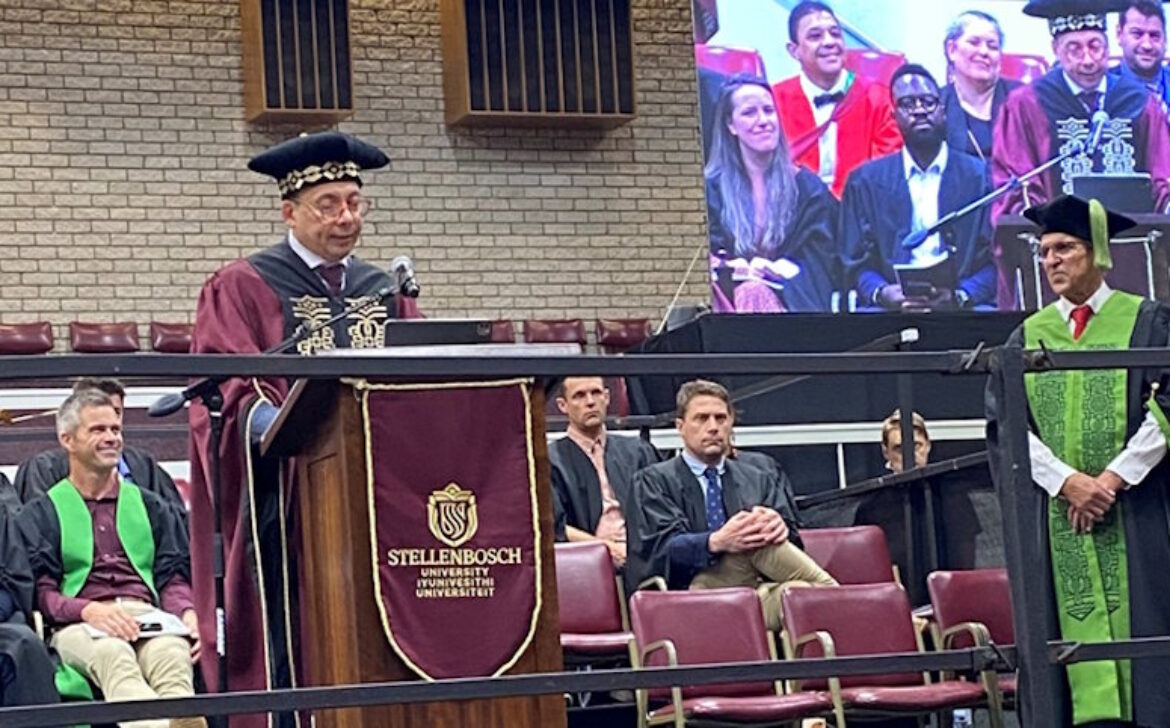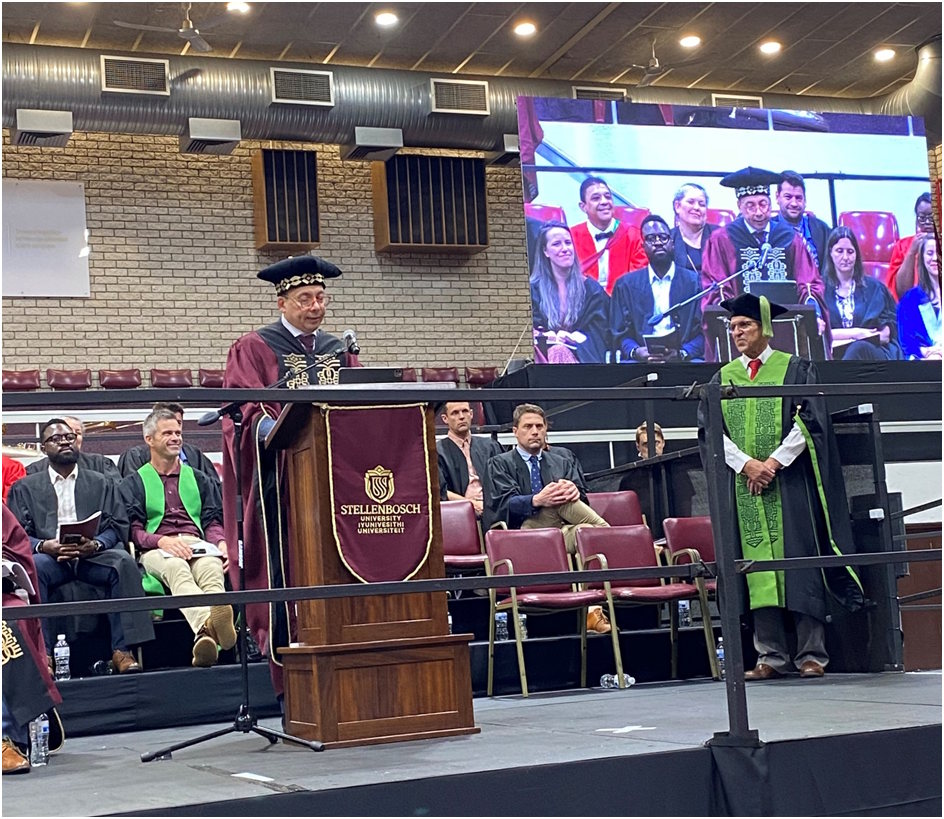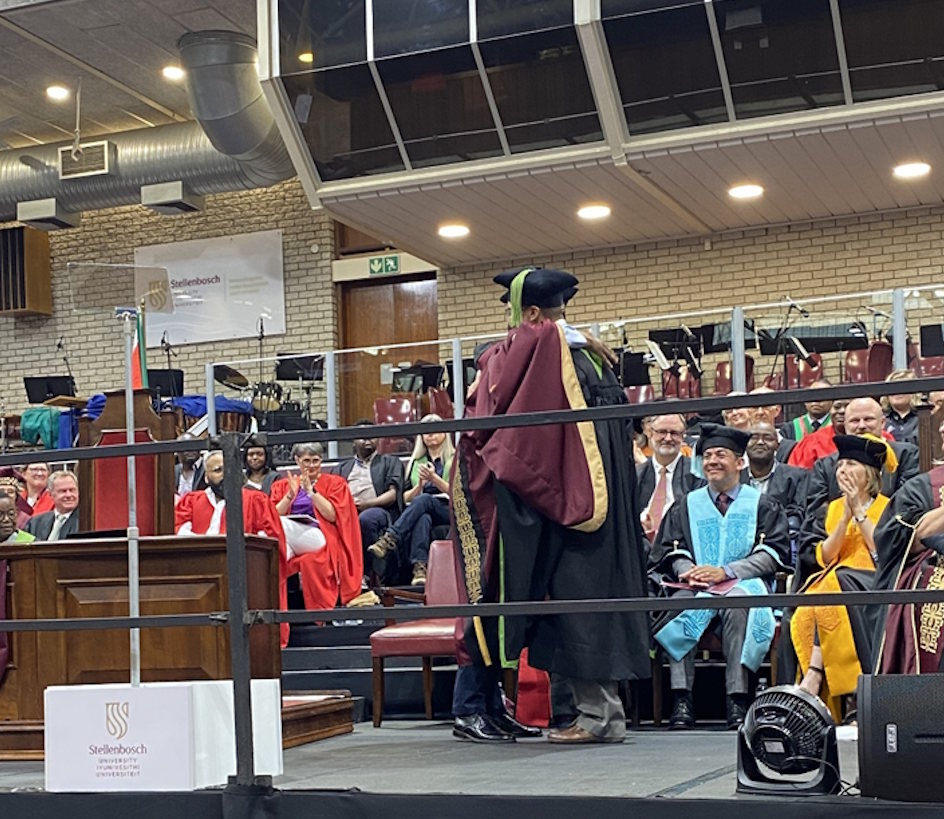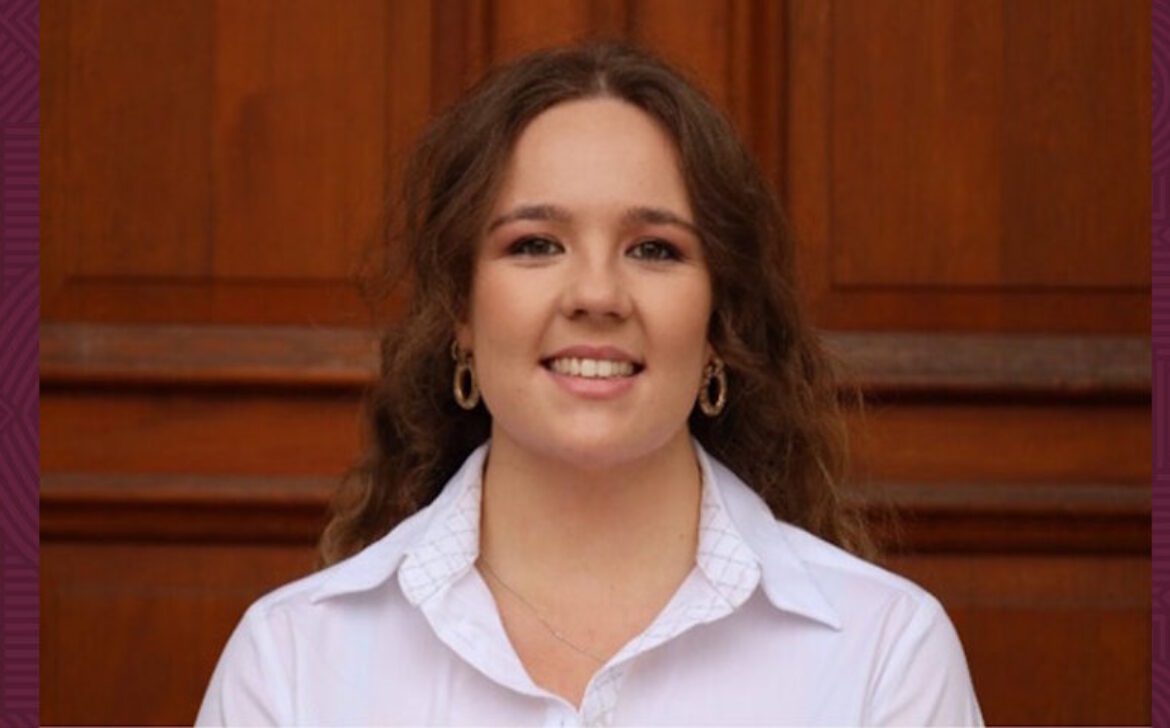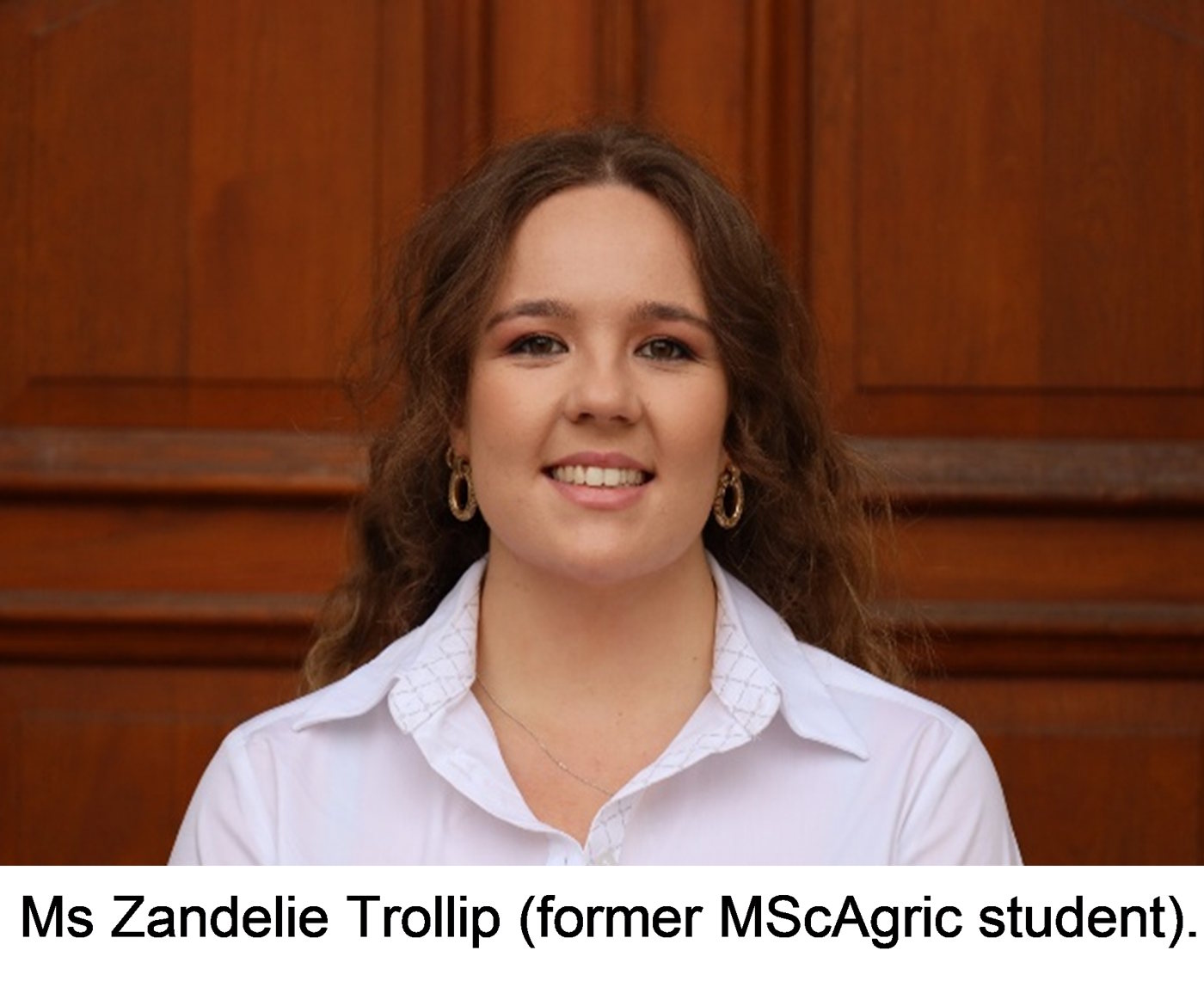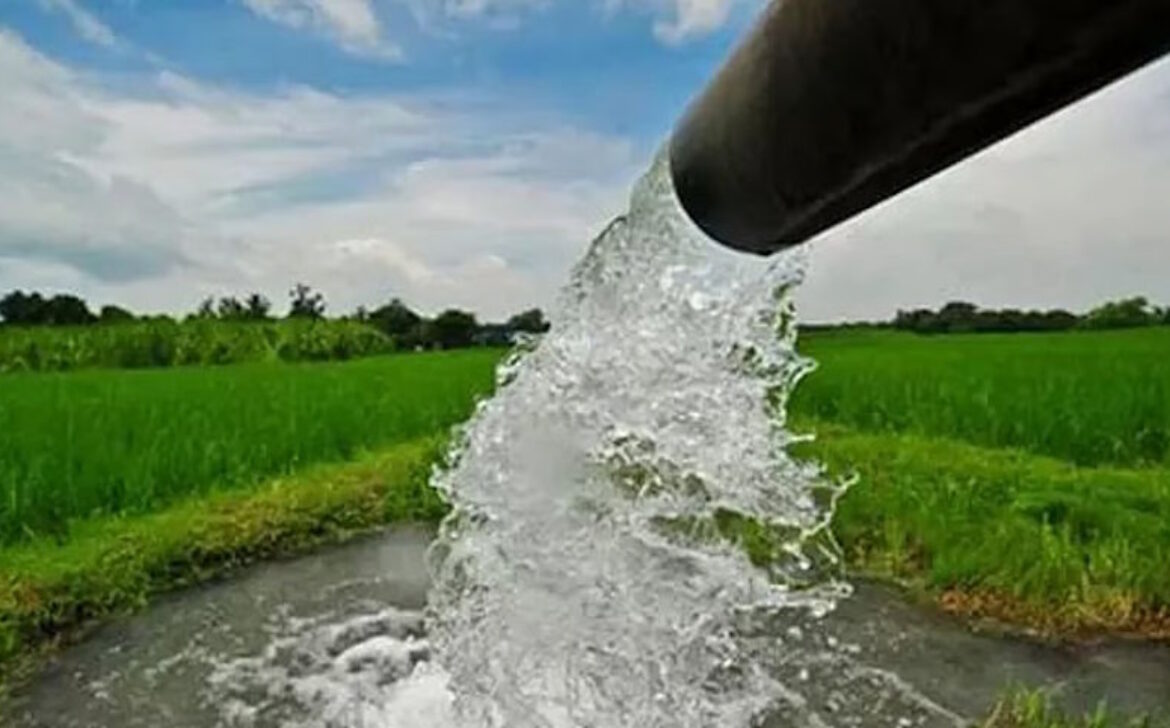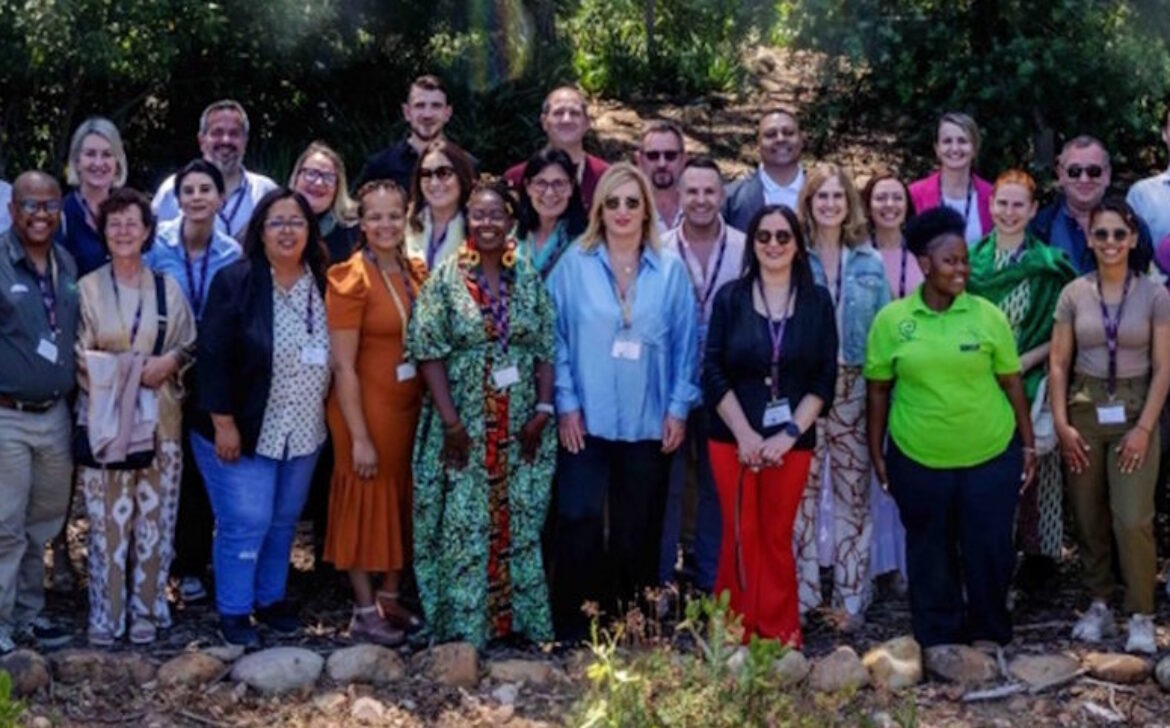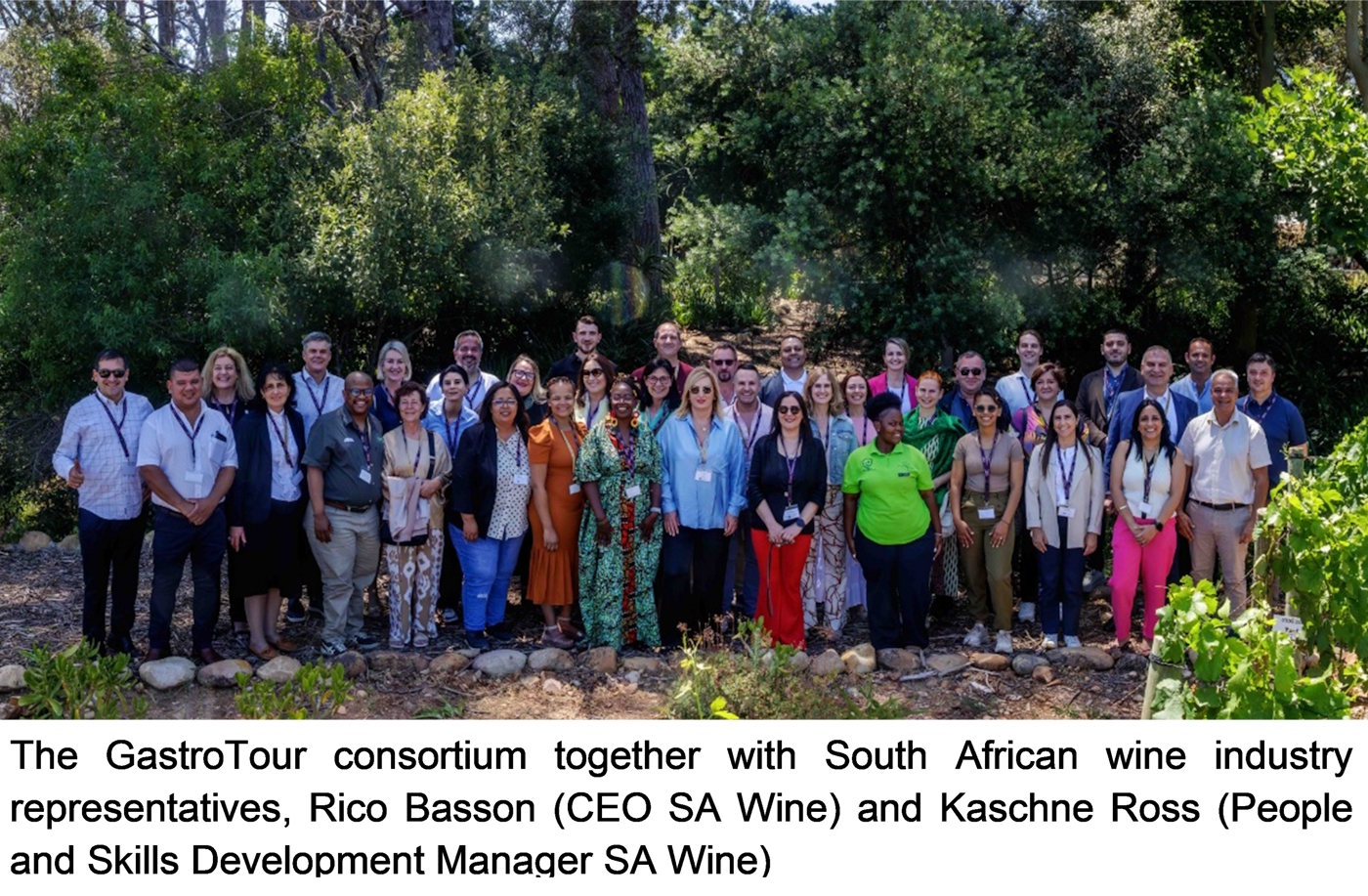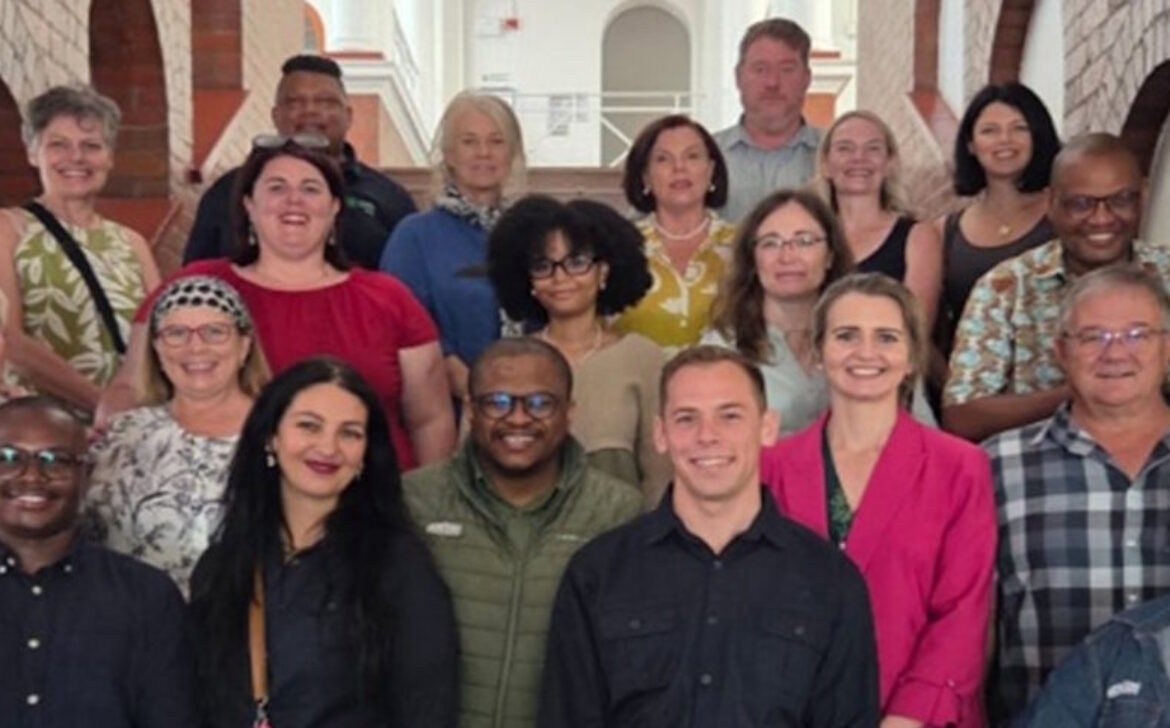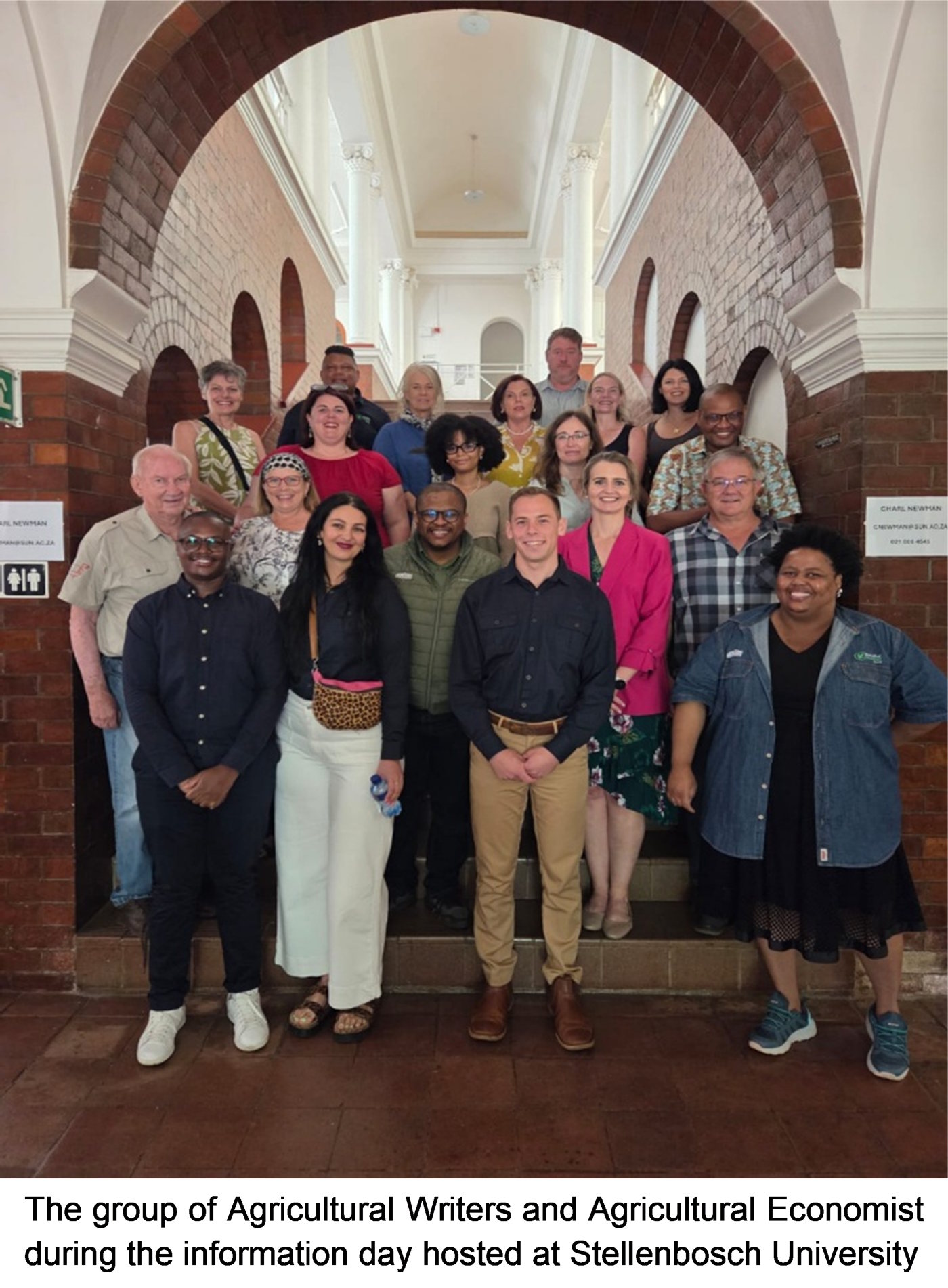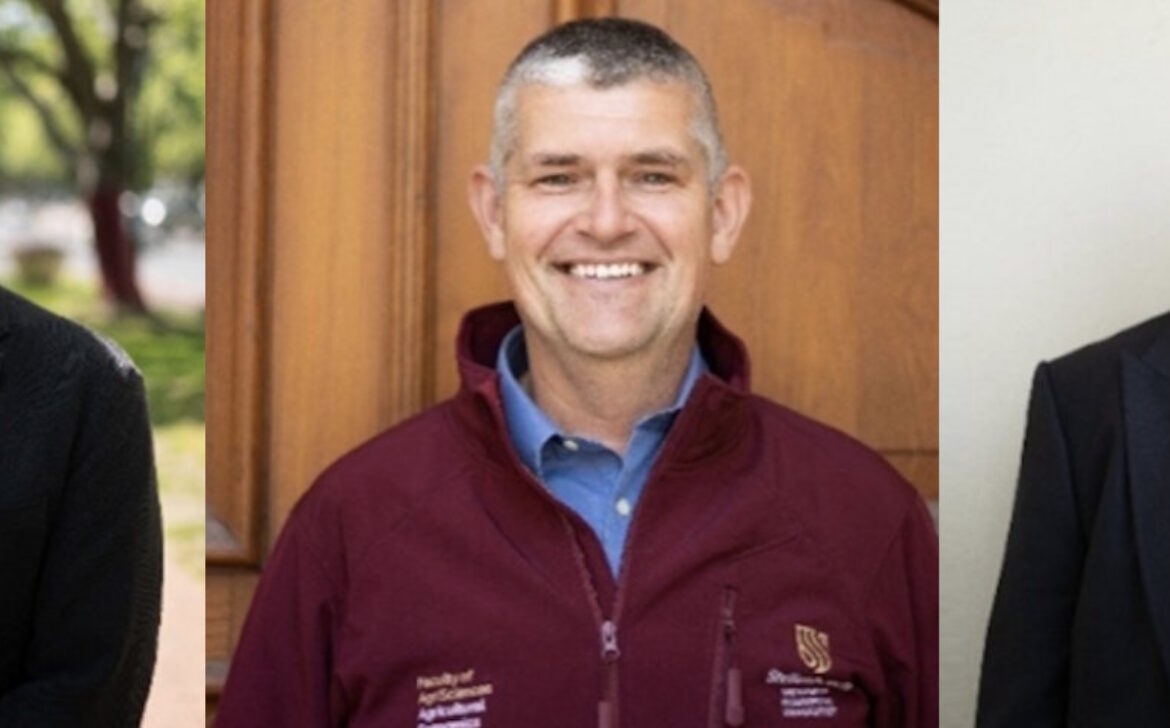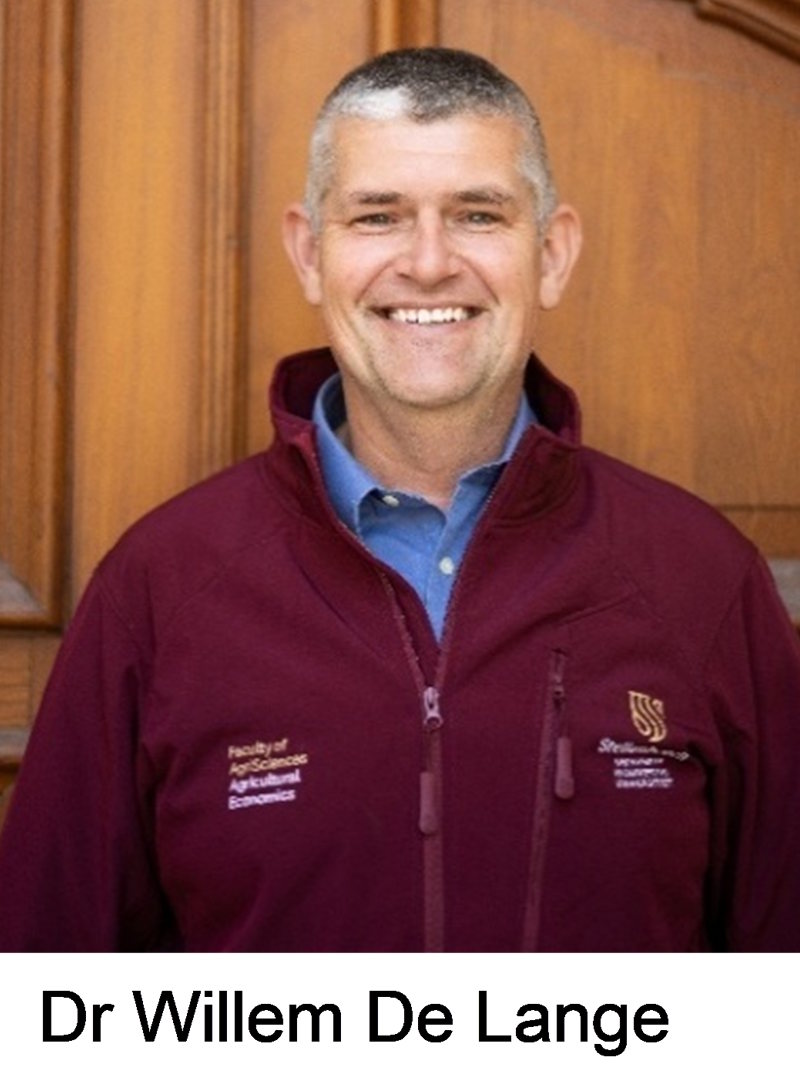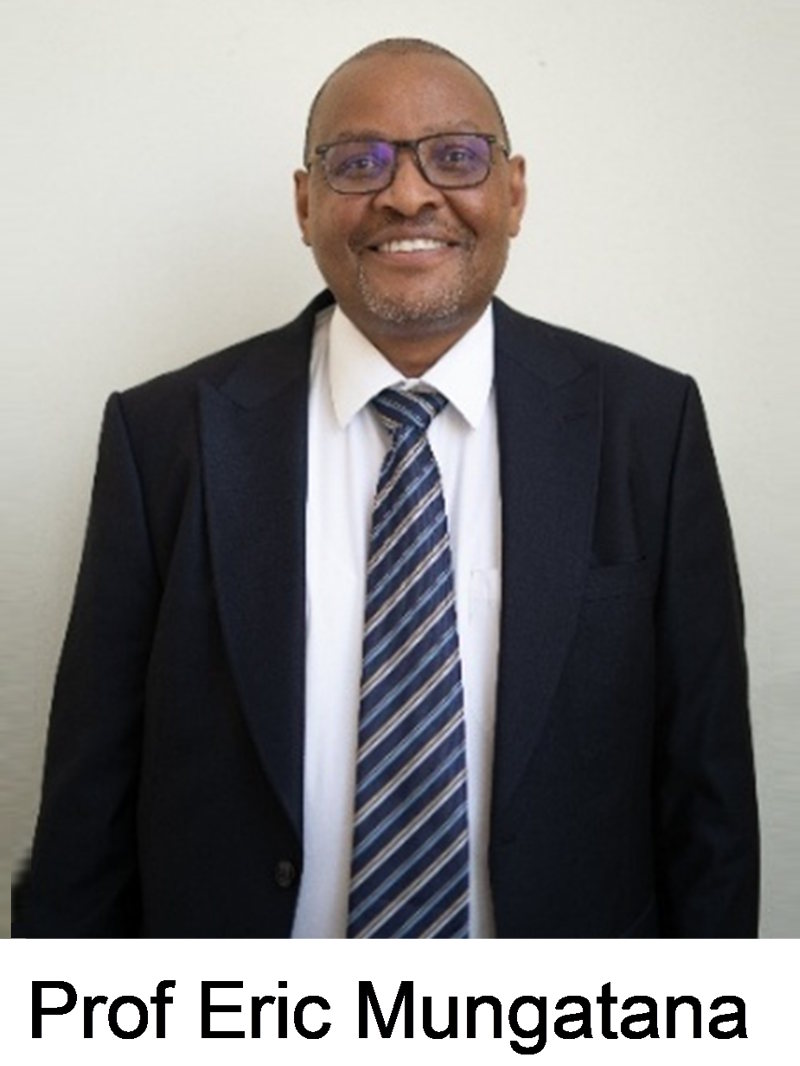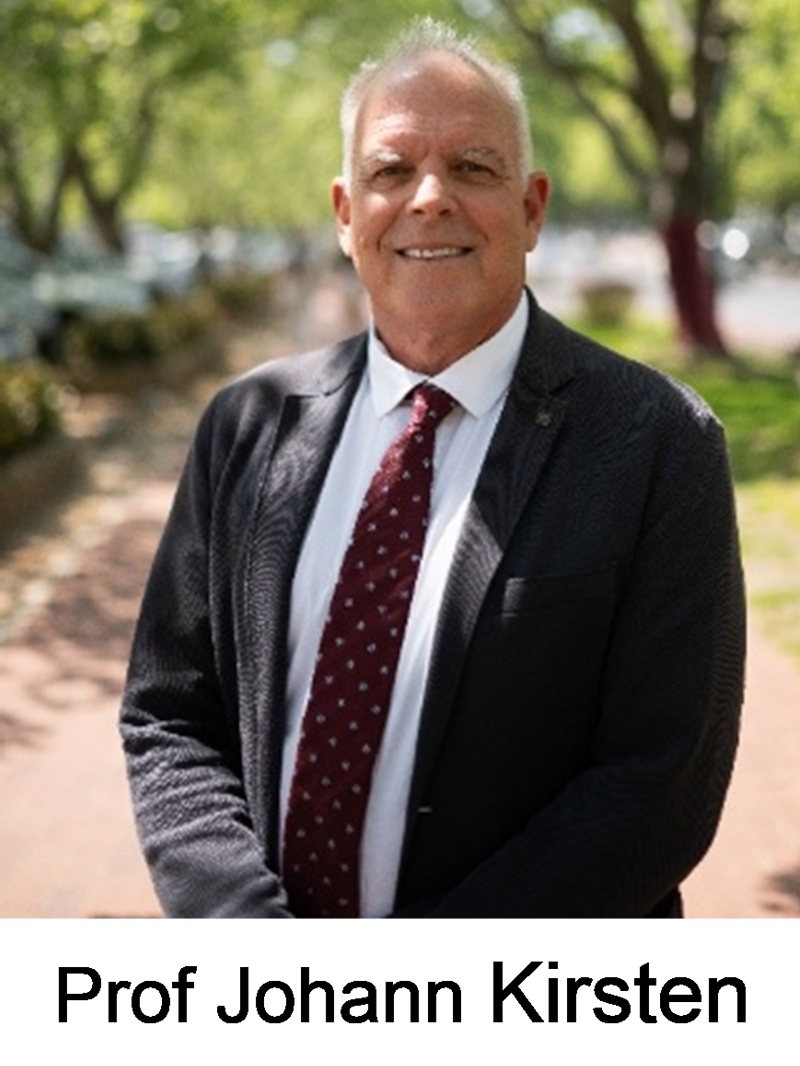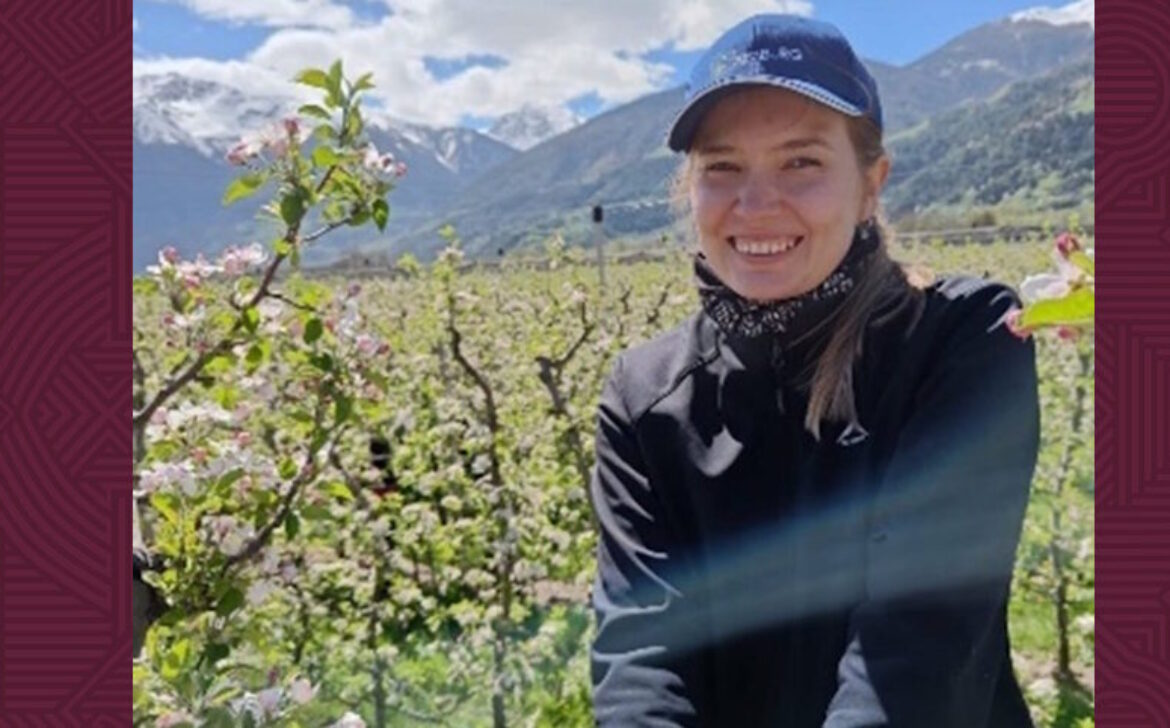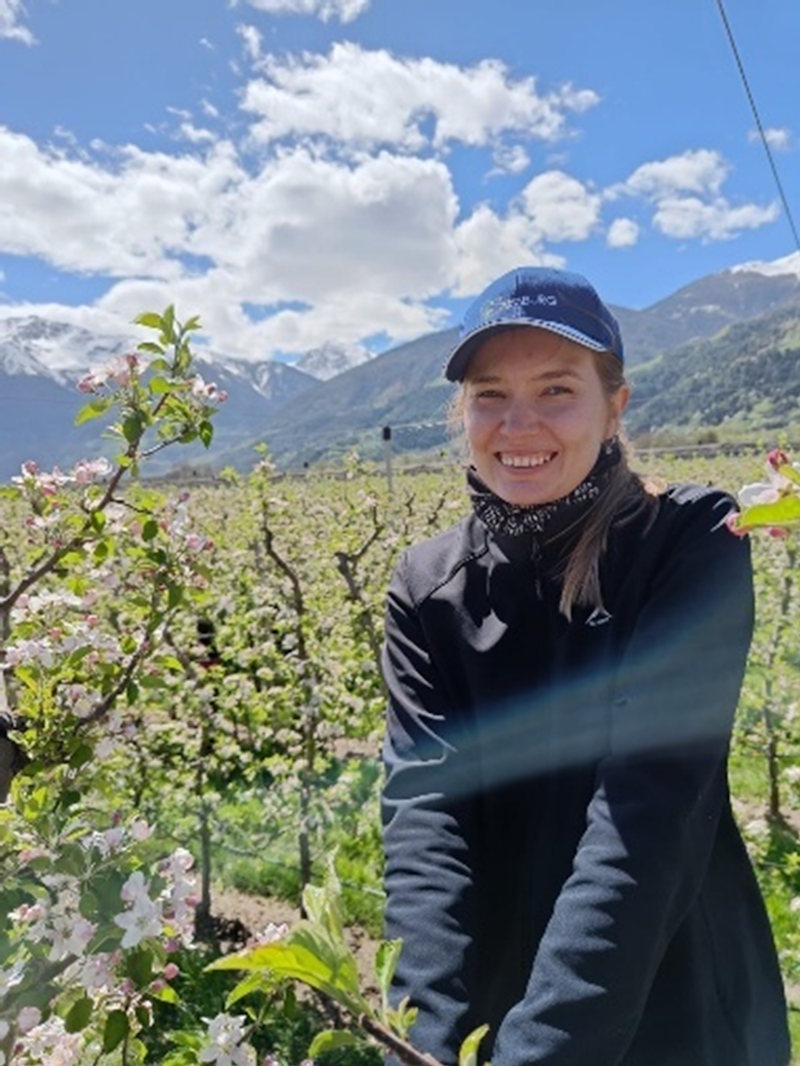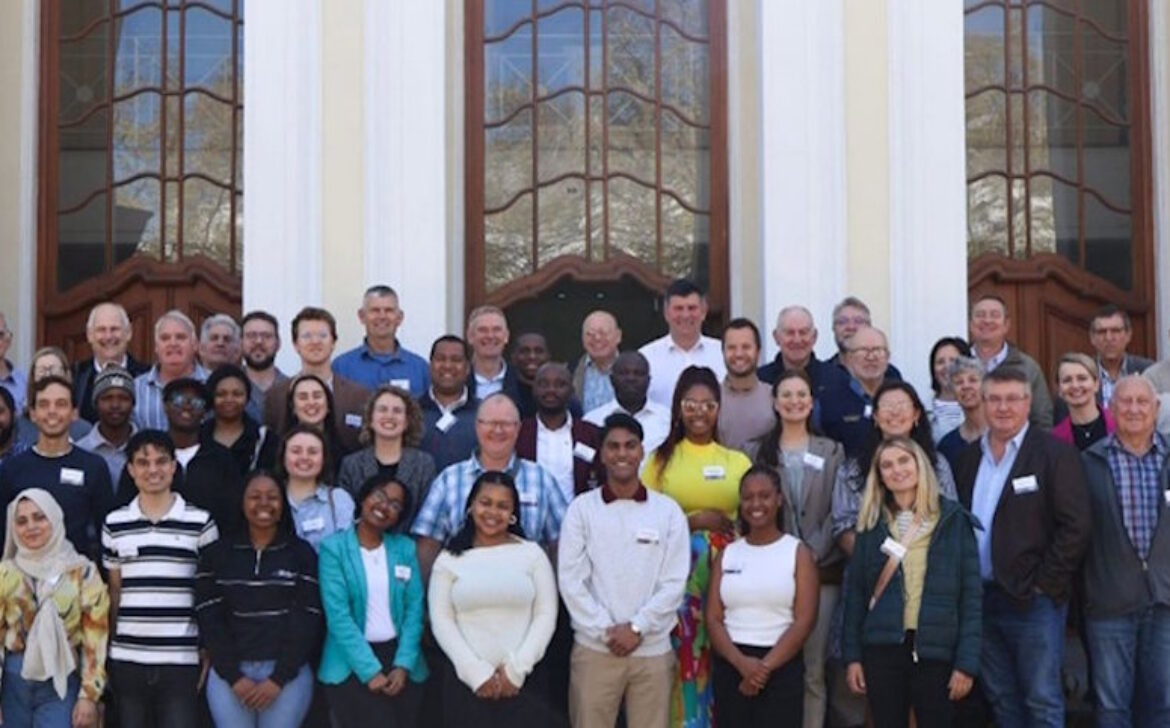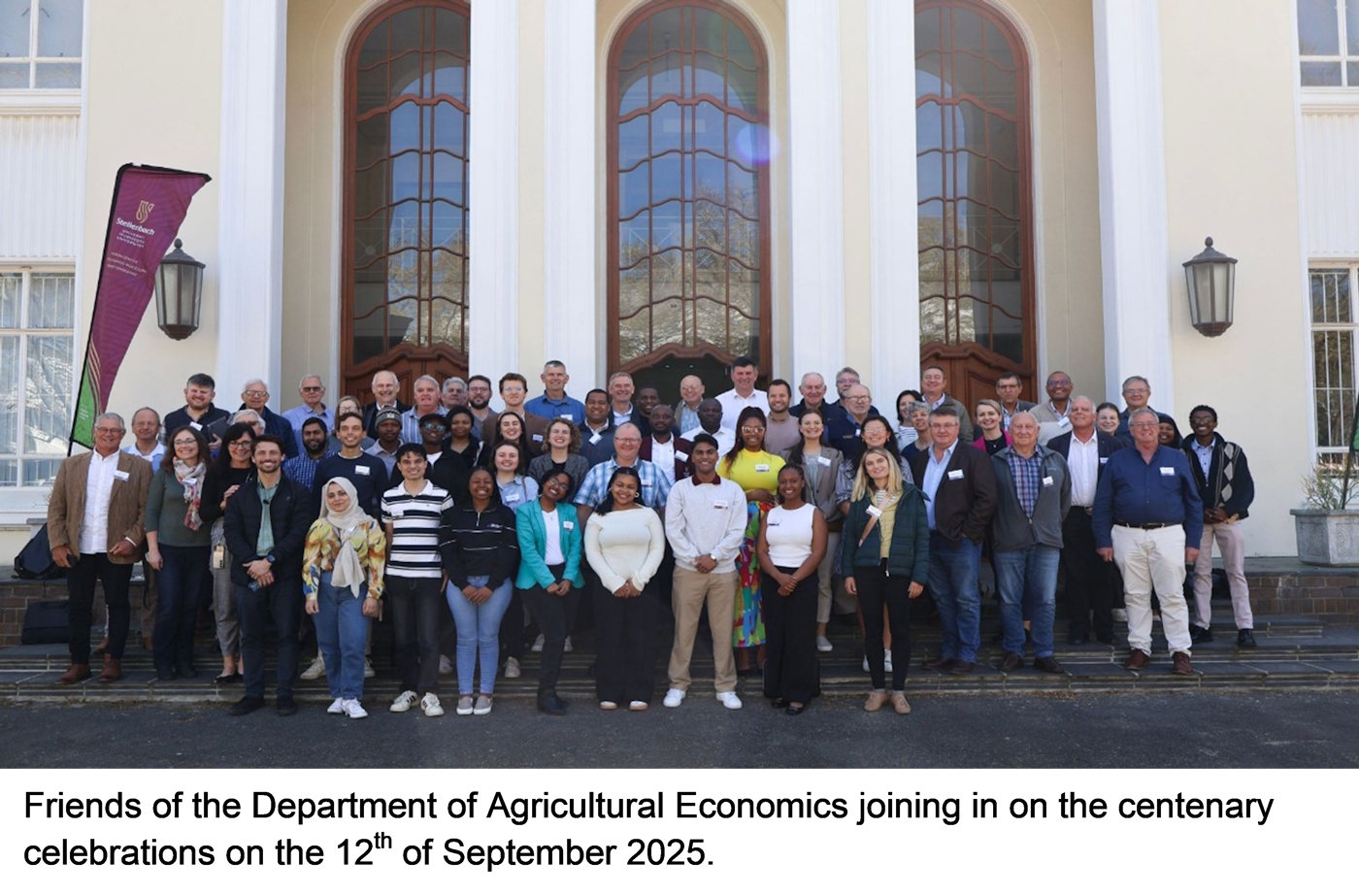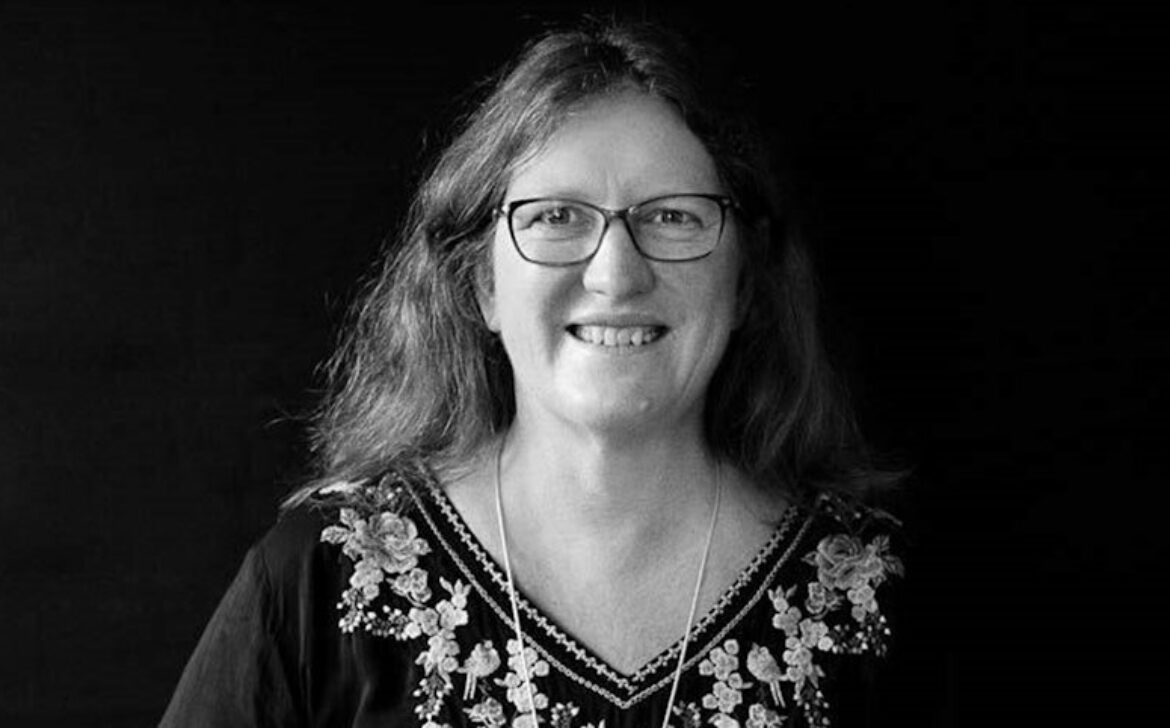Doctoral study highlights postharvest food waste crisis and solutions in SA
- Between 9 124 and 17 969 tonnes of fruits and vegetables go to waste every year.
- Break in cold chain a significant challenge in the market.
- Cold storage, transport, and how produce is handled must be improved.
- Over 63% of South African households experience varying levels of food insecurity.
- Soundbites attached
Reports indicate that over 63% of South African households experience varying levels of food insecurity. Yet, between 9 124 and 17 969 tonnes of fruits and vegetables, which is the equivalent of roughly 450 to 900 fully loaded large trucks, go to waste every year at the wholesale level — partly because of postharvest losses. Improved postharvest practices, infrastructure and policies are key to minimising this waste and enhancing food availability and food security.
This is according to food systems researcher Dr Ikechukwu Opara who recently obtained his doctorate in Food Science at Stellenbosch University.
As part of his study, Opara measured food waste at the biggest fresh produce market in South Africa, identified financial losses, and used machine learning models to predict waste. Opara says he focused on the later stages of the food value chain because they are often overlooked, resulting in an information gap in this area.
“The lack of comprehensive data on postharvest waste, particularly at critical points such as wholesale markets, makes it difficult to identify waste hotspots accurately and hinders the development of tailored interventions to reduce waste at specific stages of the food supply chain.”
He monitored and evaluated the operational processes at the fresh produce market and conducted laboratory simulations of wholesale storage conditions, measuring the physiological attributes and shelf life and identify quality issues of fresh produce before they are discarded at the market.
Noting that the issue of food waste at the wholesale level is complex and involves various factors, including infrastructural and operational challenges, Opara says his study identified a break in the cold chain as a significant challenge in the market.
“This often results from operational challenges that cause delays between the receipt of produce and its placement in optimal storage conditions. Additionally, the low availability of cold storage infrastructure, especially during summer, contributes to postharvest waste.
“Cold storage units and operations should be improved, especially during summer, to effectively cater for the volume of produce supplied to the market in that period. This is important since summer is when the highest amount of produce is supplied to the market, and when susceptibility to waste is high due to increased temperature.”
Opara adds that transportation conditions, both to and within the market, also led to waste.
“When fruit and vegetables are transported in unrefrigerated vehicles, they are subjected to unfavourable conditions such as inappropriate temperature and relative humidity levels, which accelerate processes like respiration and transpiration. This can result in weight loss and shrivelling. These issues diminish the physical appeal of the produce, which can lead to downgrading, and in extreme cases, this results in postharvest waste.”
According to Opara machine learning can help reduce food waste in practical, everyday operations at fresh produce markets. He explains:
“Temperature control systems can be improved with machine learning tools that automatically monitor conditions and alert supervisors and people working in the market when temperature and humidity levels deviate from the set range.
“Additionally, machine learning can be used to forecast demand and optimise the process of ordering, storing, using and selling of products, especially in situations where this has been ineffective and contributing to food waste.
“Machine learning can also support dynamic pricing models. In this scenario, the system automatically tracks the supply date and shelf life of fresh produce, using that data to recommend prices that encourage quicker sales, thereby helping to minimise potential postharvest losses and waste.”
Opara says it is crucial to reduce postharvest losses and waste to combat food insecurity, malnutrition, obesity, diabetes and other related health conditions.
A major economic consequence of postharvest losses and waste is the increased cost of food, adds Opara.
“Reduced availability of fruits and vegetables due to these postharvest losses and waste leads to higher prices. When low-income households must pay these elevated prices for fruits and vegetables, they are left with less money for other goods and services.
“This situation exacerbates poverty and traps households in cycles of debt and dependence on the government for social grants. It further widens the gap between the rich and the poor in one of the most unequal countries in the world. Considering these key points, addressing and reducing postharvest losses and waste not only enhances food security but also alleviates negative economic impacts.”
Opara says he hopes his study will lay the groundwork for reducing postharvest losses and waste by using machine learning to generate insights that guide evidence-based interventions and strategies aimed at mitigating the negative effects of this issue.
Issued by Stellenbosch University
Liaise with Dr Ikechukwu Opara at 0847588589 or ikekings@gmail.com for more information



